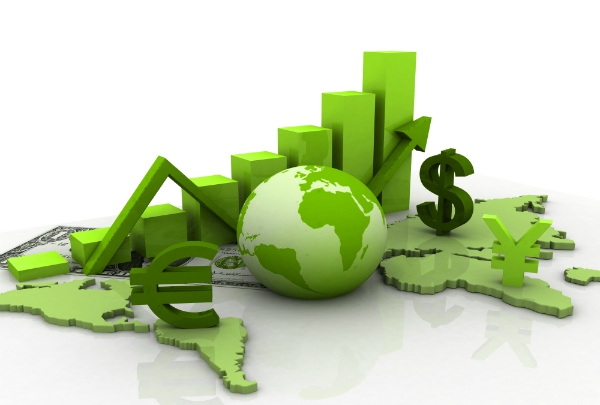
The Stern report on the impact of climate change on the economy
Climate change presents a unique challenge for the economy, being able to say that variations that will occur in the market has to be subject of a comprehensive economic analysis that must be addressed in the long term as well as risks and uncertainties the consequences climate change will cause in the world economy.
To address this situation, the UK government economist Nicholas Stern commissioned a report on the impact of climate change and global warming on the world economy resulting in the so-called "Stern Report," published in 2006, whose advice and conclusions are the basis of the economic policies pursued by most governments.
According to this important document, an investment equivalent to 1% of global GDP is required to mitigate the effects of climate change because otherwise the world market would suffer a recession that could reach 20% of global GDP. But what steps should be taken to achieve these results?
First, we must consider that the consequences of our actions now on future climate changes will not be immediate, so that what we do now will have a limited effect on the climate of the next 40 or 50 years.
In this sense, if it is true that no one can predict the consequences of climate change with certainty, if we have enough knowledge to recognize the risks to which we are exposed. Therefore, the implementation of measures to reduce the impact of global warming should be understood as an investment to avoid the risk of very serious consequences in the future. If these investments are made correctly, the costs will be reasonable and, at the same time, it opens up a wide range of opportunities for growth and development. In order to make this work in a proper way, the policies adopted by governments must act on markets, promoting efficiency and mitigating the risks that climate change will cause.
In this sense, the Stern report analyzes the economic costs of climate impacts based on three elements. First, considering the consequences of climate change on the economy, on human life and the environment, examining the costs of different technologies and strategies to reduce greenhouse gases. Secondly, using an economically integrated models of assessment to calculate the economic impact and studying macroeconomic models dealing with the costs and consequences of the transition to low-carbon energy systems. Finally, comparing the "social cost of carbon" in different parts of the world. Based on these parameters, we will analyze the main economic issues affected by global warming.
The impact of climate change on population movements
Climate change is a serious threat to the developing world and a major obstacle to continued poverty reduction in its many dimensions. In this sense, global warming is a threat to the basic elements of human life in different parts of the world such as access to water, food production, health, land use and the environment.







